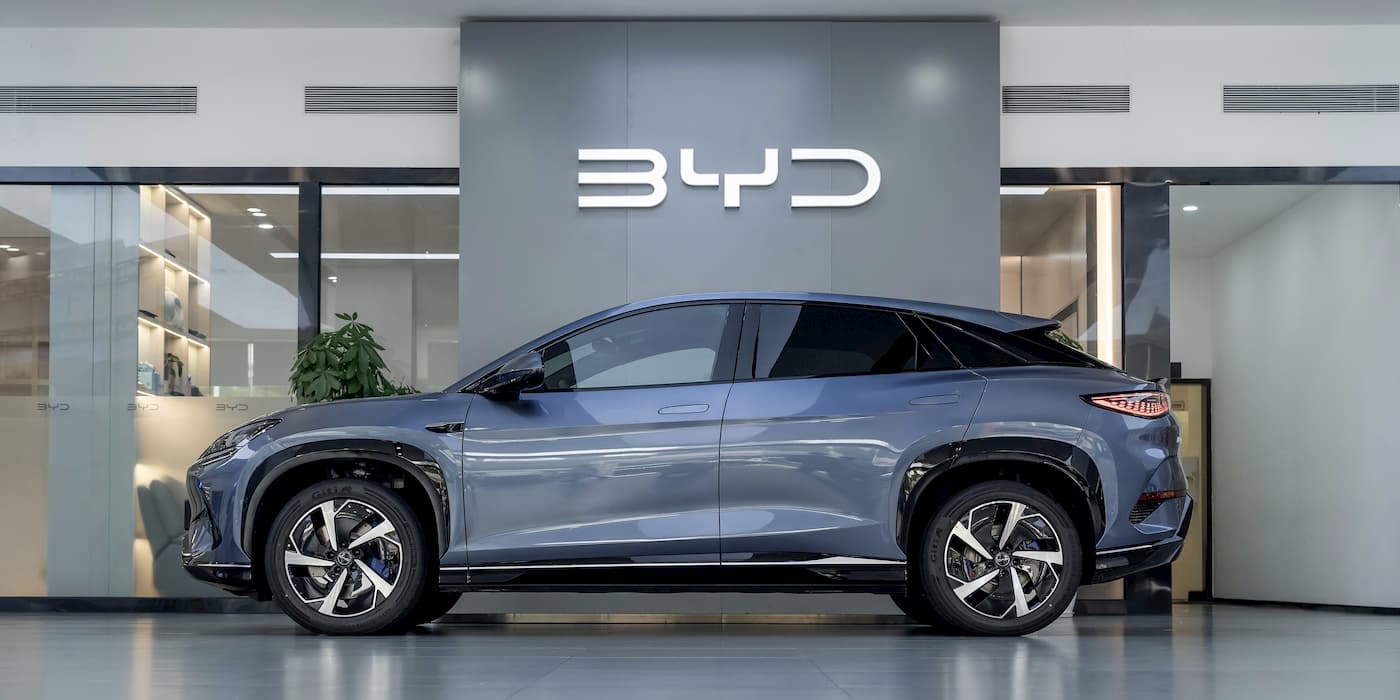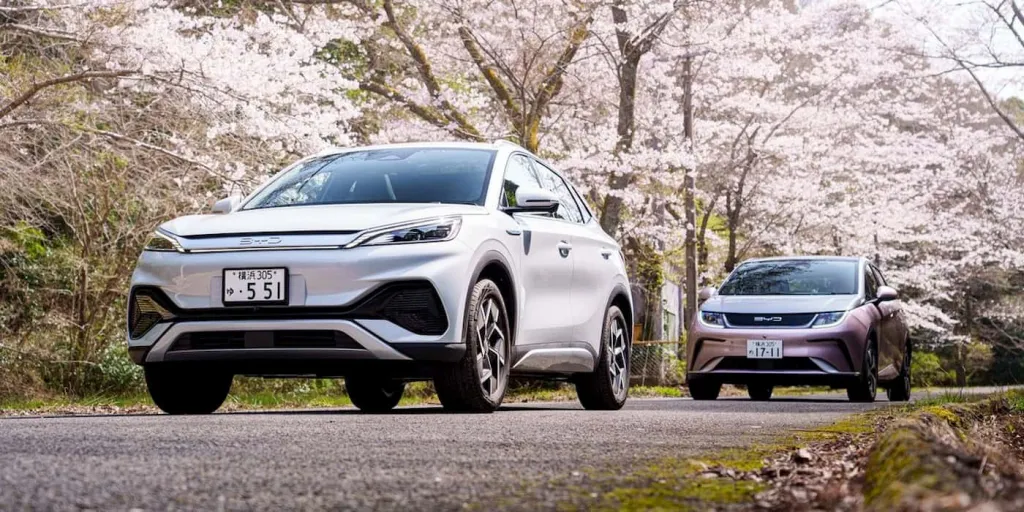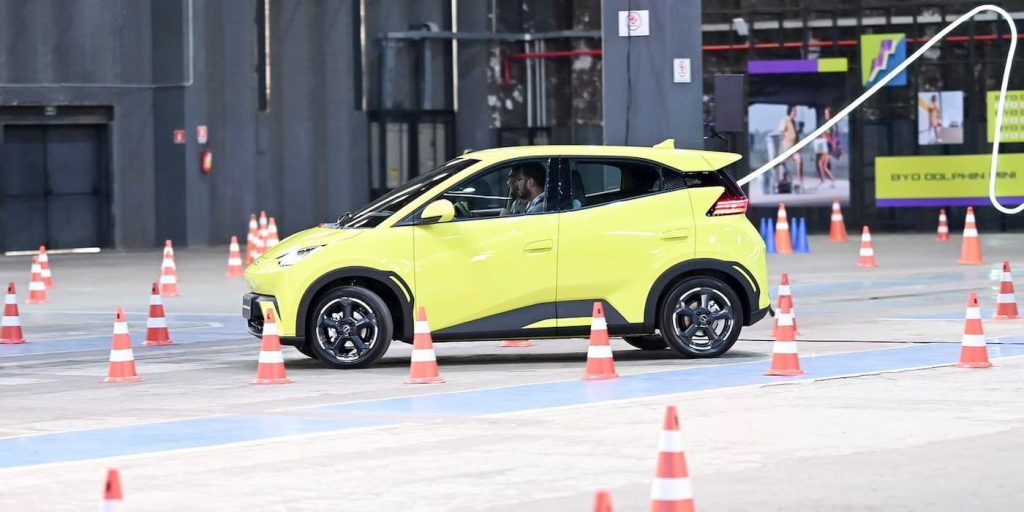
China’s EV leaders are rapidly gaining market share from legacy automakers. And it’s not only in China. BYD and other Chinese EV makers are expanding overseas to drive growth. Facing a shrinking market share, legacy rivals are taking drastic measures to keep up.
Legacy rivals react as BYD hits record EV sales
As sales continue surging domestically, BYD has no plans to slow down. BYD sold a record over 500,000 NEVs (EVs and PHEVs) in November, its second straight month with over half a million vehicle sales.
Its cheapest electric car, the Seagull, was once again the best-selling vehicle in China last month. And that includes gas-powered models. BYD’s Seagull EV starts at just under $10,000 (69,800 yuan) in China as one of the most affordable options.
The sudden shift to EVs in China has caught several legacy rivals off guard. Many, including Volkswagen, Toyota, Nissan, Honda, Hyundai, Ford, GM, and others, are adjusting their plans after losing market share.
After dominating in its home market, China’s EV leaders are aggressively pushing for more overseas market share.
BYD has launched some of its most popular EVs, like the Dolphin, Atto 3 SUV, and low-cost Seagull (known as the Dolphin Mini overseas), in key overseas markets.

BYD is already a leading EV brand in Southeast Asia and Latin America. It is also starting to gain a foothold on legacy rivals’ home turf, such as Japan, Europe, and South Korea.
BYD’s sales surge has caused legacy automakers to take drastic moves to keep pace. Volkswagen, Nissan, Ford, Stellantis, and others have announced major restructuring plans as they face slower sales.

Most recently, a Nikkei report on Tuesday claimed Honda and Nissan were closing in on an EV merger. The report said the legacy rivals were teaming up to close the gap with BYD and Tesla. With about 8 million in combined sales, the merger would create one of the largest auto groups globally.
Electrek’s Take
Japanese automakers are losing market share in some of their most important sales regions. In China, Toyota, Nissan, and Honda all saw sales decline in the first half of 2024. That marks the third straight first half with fewer sales for Japan’s auto giants.
Top comment by My Thoughts
Who could have possibly seen this coming? We kept telling these companies that they need to create good low cost evs, but they would not listen. Too late now. The house is now burning and it is too late.
In Thailand, also known as the “Detroit of Asia,” Japanese companies have dominated sales. Once accounting for a 90% share, their share has fallen to just 76% over the past two years.
After opening its first manufacturing facility in Thailand in June, BYD expects to gain an even bigger share. With plants opening in Mexico, Brazil, Hungary, Turkey, and Pakistan, China’s EV leader is poised to play an even bigger role in the global auto market.
According to a recent Bloomberg study, BYD is closing the gap with Ford in global sales and will likely soon surpass the American automaker.
In the third quarter, BYD already topped rivals Nissan and Honda in global sales as demand for its low-cost EV models climbed. Will it top Ford next? With new pickup trucks, smart SUVs, luxury models, and electric supercars launching, BYD is poised for an even bigger year in 2025.
FTC: We use income earning auto affiliate links. More.




Comments